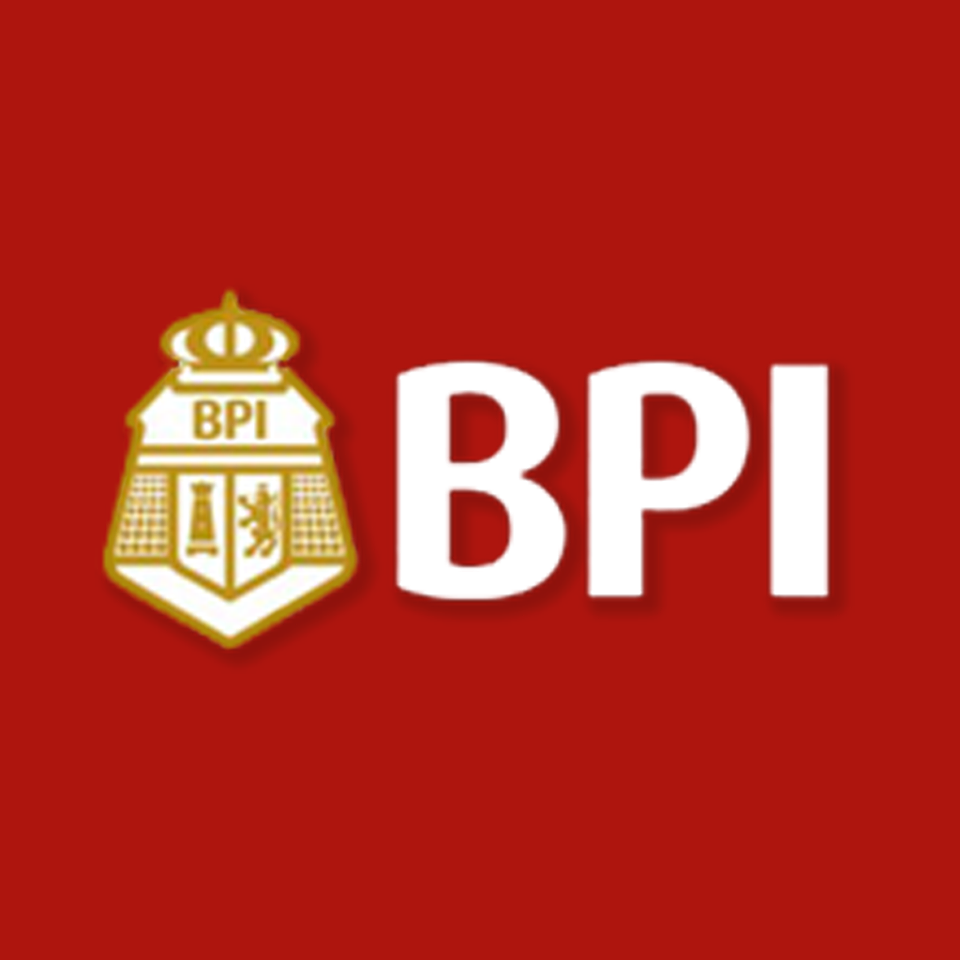Business and Economy
BPI net income up 25.6%

Ayala-led Bank of the Philippine Islands (BPI) on Thursday reported a 25.6 percent hike in its net income in the first quarter of 2017 to Php HP6.25 billion. (Photo: BPI/Facebook)
MANILA—Ayala-led Bank of the Philippine Islands (BPI) on Thursday reported a 25.6 percent hike in its net income in the first quarter of 2017 to Php HP6.25 billion.
In a disclosure with the Philippine Stock Exchange (PSE), the bank attributed the growth to the 17.6 percent expansion of revenues to Php 17.96 billion and the 15 percent rise of net interest income to Php 11.49 billion.
Non-interest income also contributed to this output after it rose 22 percent to Php 6.46 billion, boosted by higher trading gains, service charges, underwriting fees, and income from asset sales, it said.
Loans expanded by 19.9 percent year-on-year to Php 1.03 trillion and deposits by 10.7 percent to Php 1.44 trillion, with low-cost deposits accounting for the bulk at about 73.9 percent.
Operating expenses also went up by around 11.2 percent to Php 8.73 billion due to additional personnel, regulatory costs, and funding for operational infrastructure, with the latter aimed at improving the bank’s processes and information system.
BPI’s total asset as of end-March 2017 amounted to Php 1.73 trillion, higher by 12.4 percent year-on-year. This enabled the bank to set aside about Php 1.2 billion for provisioning.
At the end of the first three months of the year, the bank’s return on asset (RoA) stood at 1.5 percent while Return on Equity (ROE) is at 15 percent.
Total capital to date amounts to Php 171.85 billion, 10.2 percent higher than the year-ago level.
“While we are pleased with our first quarter financial and operating results, we are very excited about our programs to continually enhance customer service across multiple channels, by increasing safety, innovation, and convenience,” BPI President and chief executive officer (CEO) Cesar Consing said in a statement.
In a briefing, Consing said BPI executives were now comfortable with the bank’s current capital level and discounted any fund raising activity.
BPI continues to harness its capacity and balance sheet to qualify as among the country’s select Qualified ASEAN Banks (QABs) “so that when the integration happens we could automatically qualify,” Consing said.
QABs are domestically-strong banks that are allowed to operate in other ASEAN countries upon the endorsement of the regulator where the banks are headquartered.
The BPI chief said the bank also focused on widening its reach among small businesses through a plan to open additional 90 branches of its microfinance unit, BanKO to bring the total units by the end of the year at 100.





















